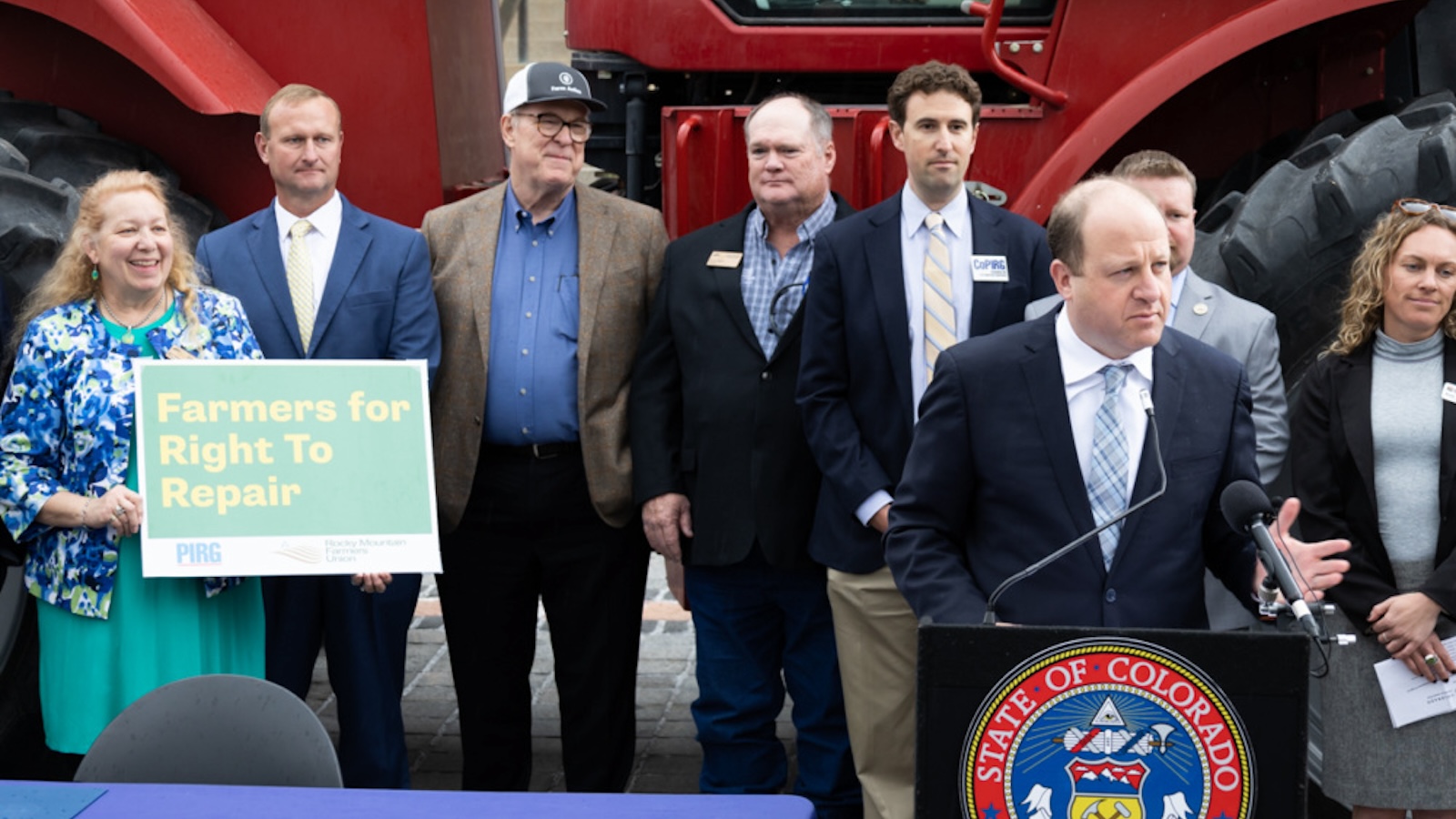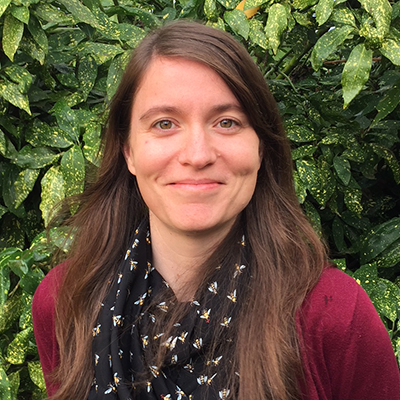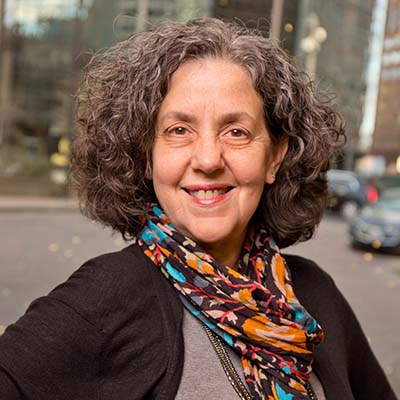
“Chemical recycling”: What it is, and what it definitely is not
So-called “chemical recycling” is a term invented by the oil, gas and petrochemical industries to hide where plastic is actually going: the incinerator.
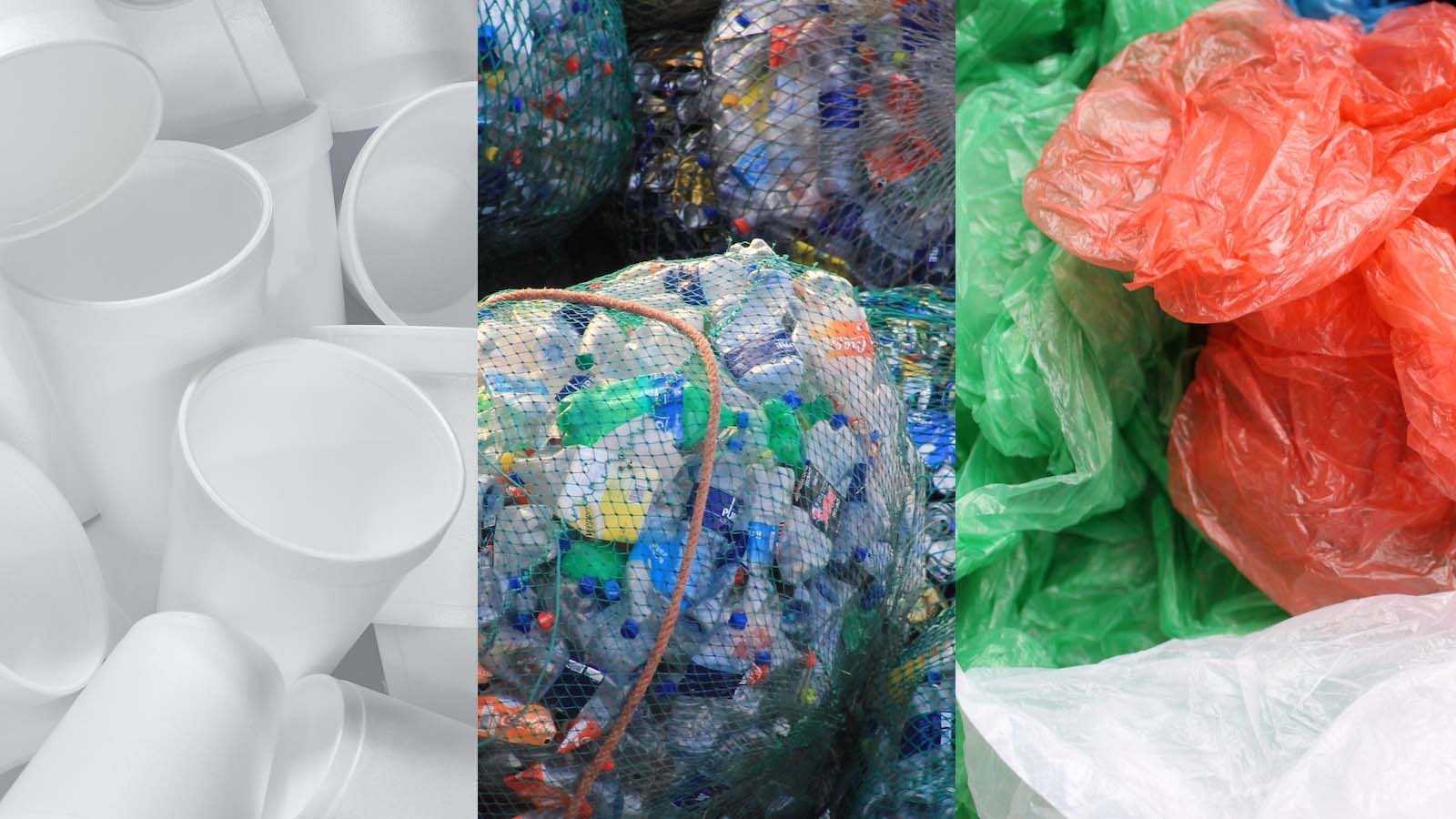
Our country and world’s addiction to plastic is a growing problem, responsible for country-sized swirling gyres of plastic waste in our oceans and growing landfills in our country’s interior. In the U.S. we generate enough plastic waste to fill Cowboys Stadium, the largest professional football stadium in the country, every 16 hours.
Plastic does not break down easily, if at all, persisting hundreds of years or more, wreaking havoc on ecosystems and endangering public health and the overall health of our planet.
Despite a lot of investments in plastics recycling over the past thirty years, there are many challenges with recycling this material, which has led to abysmal recycling rates– less than 9% of plastic has been recycled into a new consumer product.
A new buzz phrase is floating around, and it may sound like a solution to the challenges with recycling plastic: “Chemical recycling.”
So-called “chemical recycling” is really a term invented by the oil, gas and petrochemical industries to hide where plastic is actually going: the incinerator.
Here’s what you should know about chemical recycling:
- It doesn’t recycle much: Only 1% to 14% of the plastic material sent to “chemical recycling” plants is actually recycled into new products. Instead, plastic sent to “chemical recycling” facilities is almost always being burned for energy and fuel.
- It produces more pollution than the original plastic did: “Chemical recycling” is not only less efficient and effective than traditional recycling (also known as mechanical recycling), but it can actually be 10 to 100 times worse for the environment than virgin plastic production.
- Toxic byproducts can harm our health: Plastic burned at “chemical recycling” centers can release 96 different types of dangerous air pollutants as well as hazardous solid and toxic waste, including some known carcinogens. The fuel that is produced from “chemical recycling” produces even more toxins when it’s burned.
- It’s contributing to climate change: The fuel at “chemical recycling” plants comes from petroleum-based plastic, making it a fossil fuel. Producing and using this fuel creates vast amounts of planet-warming carbon dioxide, a greenhouse gas that is a main contributor to climate change.
- It’s taking funds away from real solutions: Burning plastic and refining it into fuel is an intensive and expensive process, one that would require government subsidies were it ever to become widely used. There are so many better projects that could use that funding to create real waste solutions, but “chemical recycling” diverts that money away.
“Chemical recycling” is a distraction from real solutions to plastic waste, and allows plastic producers to continue making billions of tons of fossil fuels and plastic each year.
The oil and gas industry is promoting “chemical recycling”
As of December 2022, there were eight “chemical recycling” plants operating in the U.S., two under construction, and 12 more proposed but not yet under construction.
So far, 21 states have either classified it as a manufacturing process instead of waste disposal or eased air quality regulations around the process because it is perceived as environmentally friendly.
But powerful industries are pushing for increased “chemical recycling” because it will help them to justify producing excessive amounts of plastic and fossil fuels.
The chemical industry trade group American Chemistry Council (ACC) is advocating for the establishment of more than 150 new plants across the United States.
There are real solutions to plastic waste
PIRG and Environment America are pushing to stop this rollback of environmental standards and reduce the need for plastic in the first place. We’re working to win commitments from major corporations to reduce plastic waste, support anti-plastic legislation and hold plastic producers accountable.
We’ve earned exciting wins over the years. More than 1 in 3 Americans now lives in a state with a ban on some type of single-use plastic.
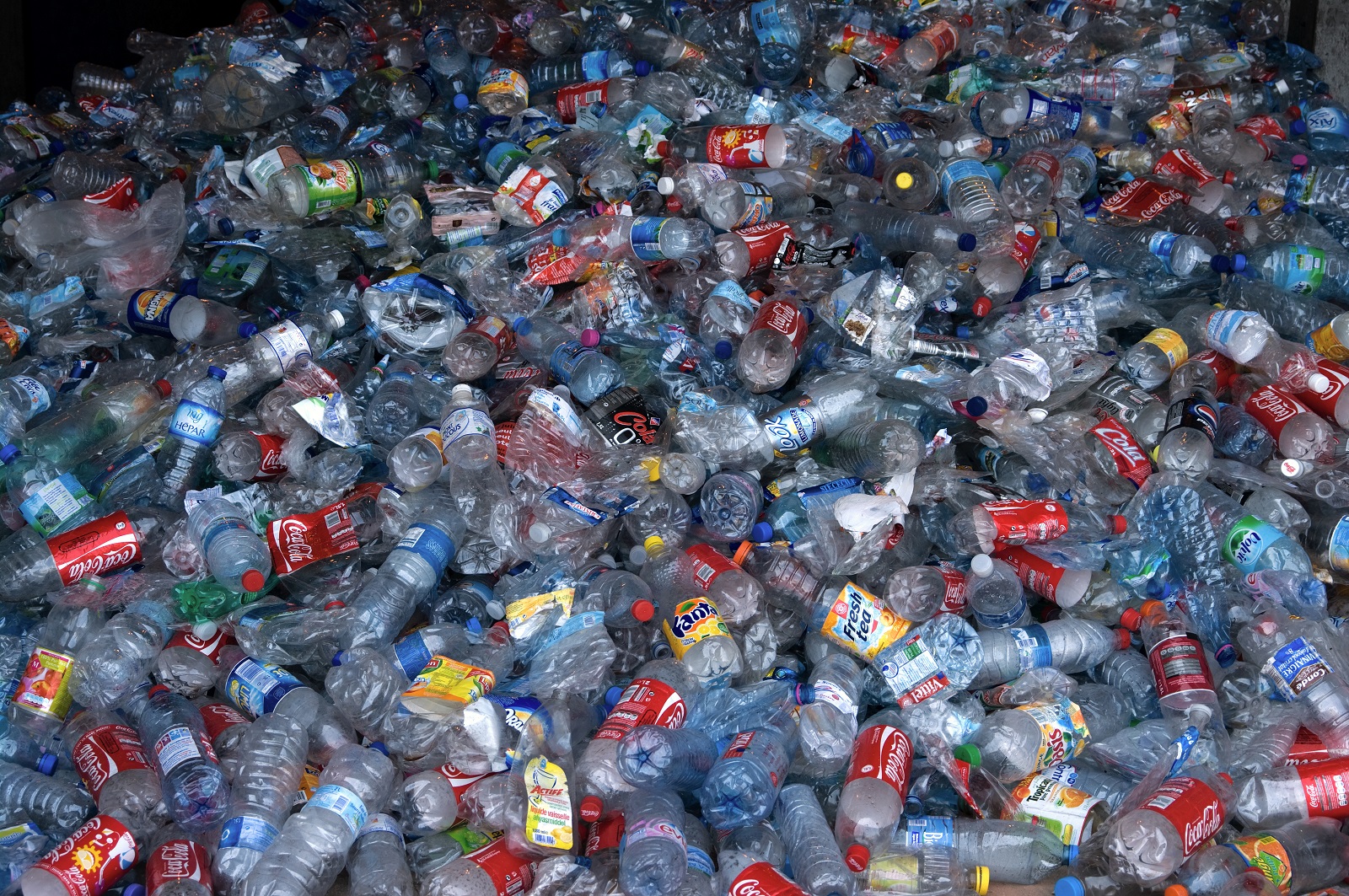
Reducing plastic waste in the states
Chemical recycling is a false solution to our plastic pollution crisis. The process is extremely energy intensive, very expensive and is one in a line of examples of the plastics industry’s proposed “solutions” that do nothing to stop the production of wasteful single-use plastics.
Topics
Authors
Janet Domenitz
Executive Director, MASSPIRG
Janet has been the executive director of MASSPIRG since 1990 and directs programs on consumer protection, zero waste, health and safety, public transportation, and voter participation. Janet has co-founded or led coalitions, including Earth Day Greater Boston, Campaign to Update the Bottle Bill and the Election Modernization Coalition. On behalf of MASSPIRG, Janet was one of the founding members of Transportation for Massachusetts (T4MA), a statewide coalition of organizations advocating investment in mass transit to curb climate change, improve public health and address equity. Janet serves as Chair of the Board of Directors for the Consumer Federation of America and serves on the Common Cause Massachusetts executive committee, Alliance for a Healthy Tomorrow board of directors, and Department of Environmental Protection Solid Waste Advisory Committee. For her work, Janet has received Common Cause’s John Gardner Award and Salem State University’s Friend of the Earth Award. Janet lives in Cambridge, Massachusetts, with her husband and two sons, and every Wednesday morning she slow-runs the steps at Harvard Stadium with the November Project.
Celeste Meiffren-Swango
State Director, Environment Oregon
As director of Environment Oregon, Celeste develops and runs campaigns to win real results for Oregon's environment. She has worked on issues ranging from preventing plastic pollution, stopping global warming, defending clean water, and protecting our beautiful places. Celeste's organizing has helped to reduce kids' exposure to lead in drinking water at childcare facilities in Oregon, encourage transportation electrification, ban single-use plastic grocery bags, defend our bedrock environmental laws and more. She is also the author of the children's book, Myrtle the Turtle, empowering kids to prevent plastic pollution. Celeste lives in Portland, Ore., with her husband and two daughters, where they frequently enjoy the bounty of Oregon's natural beauty.
Find Out More
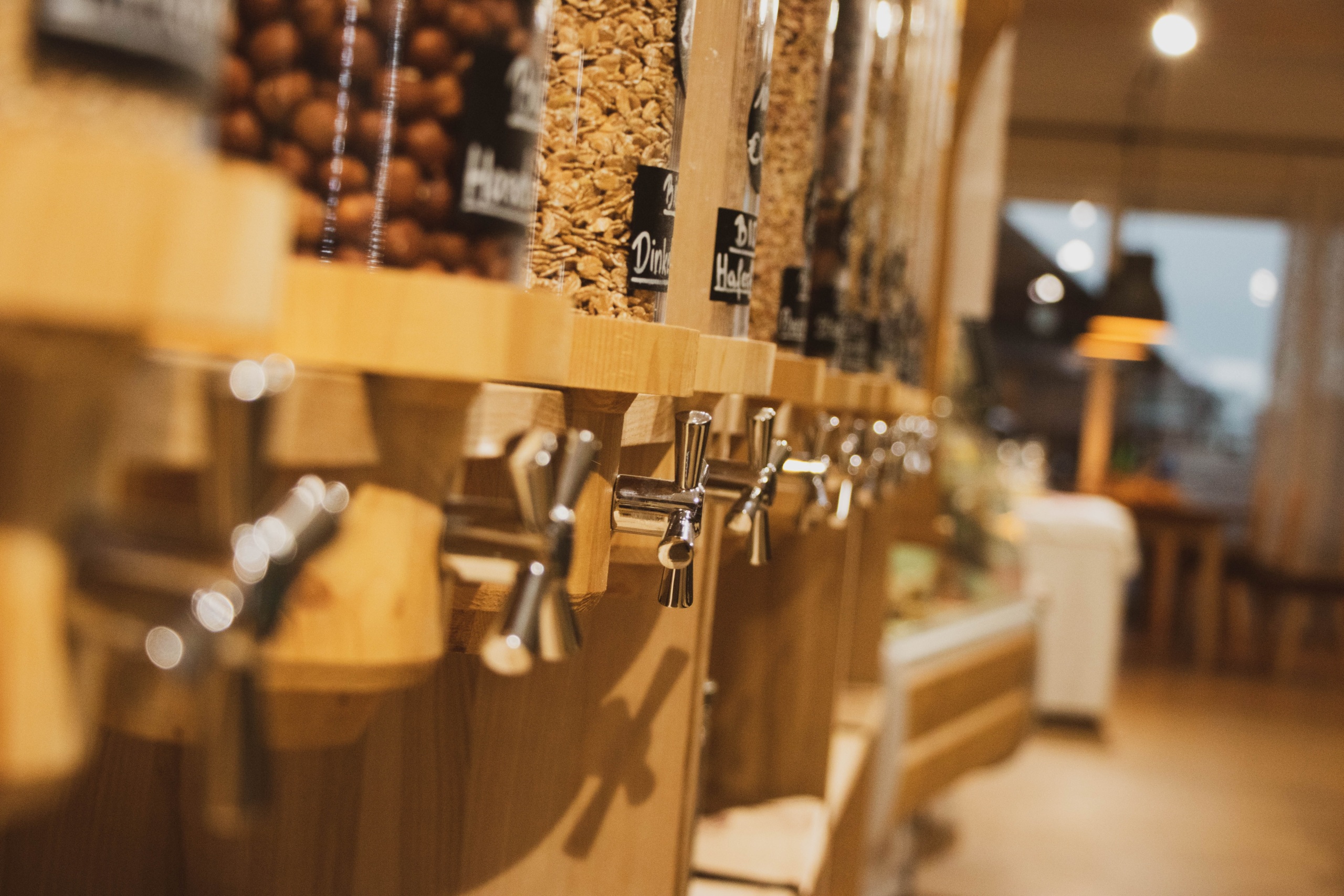
Ditch plastic packaging: Shop at your local refillery
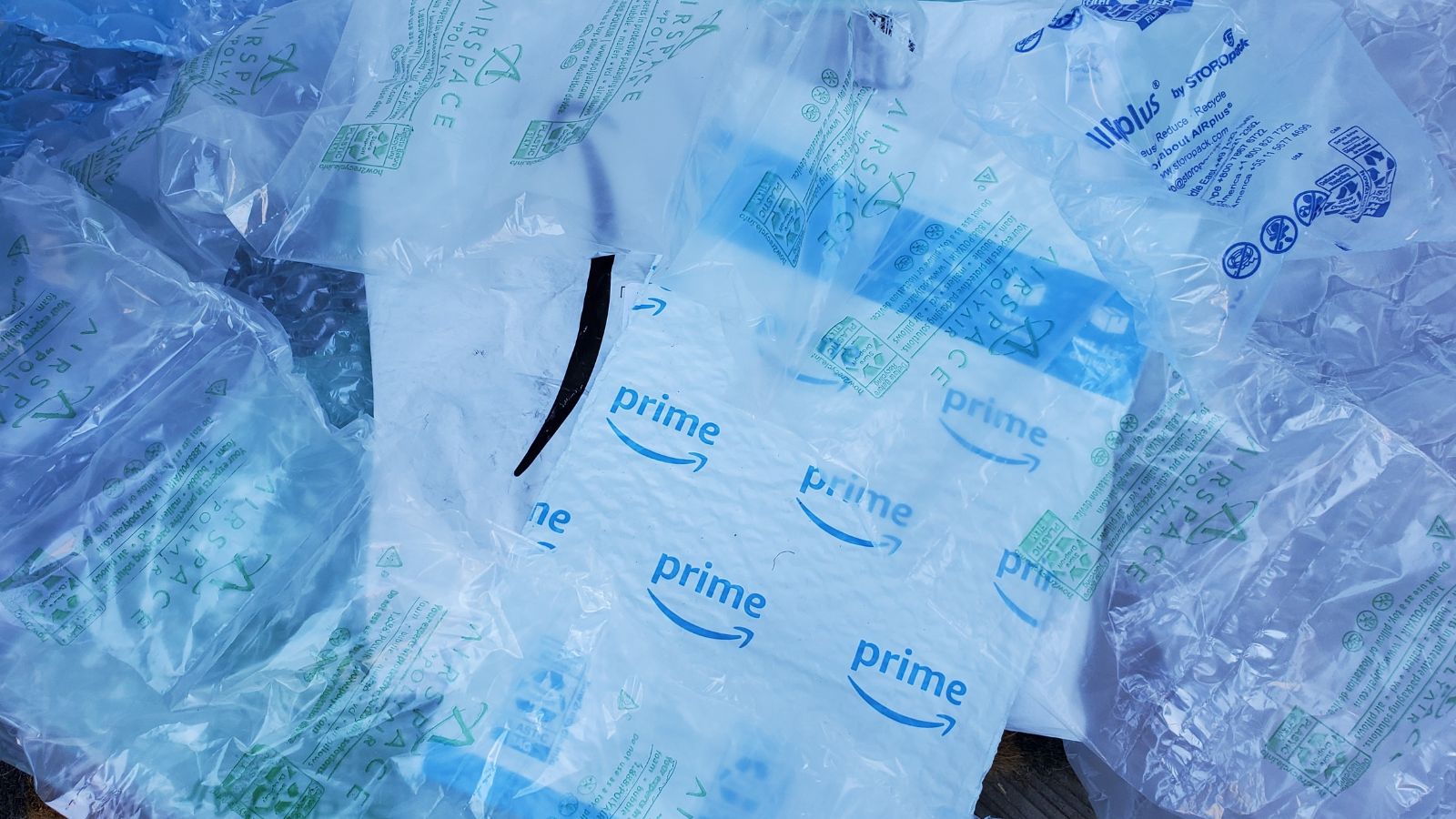
Turning plastic waste into plastic lumber isn’t recycling
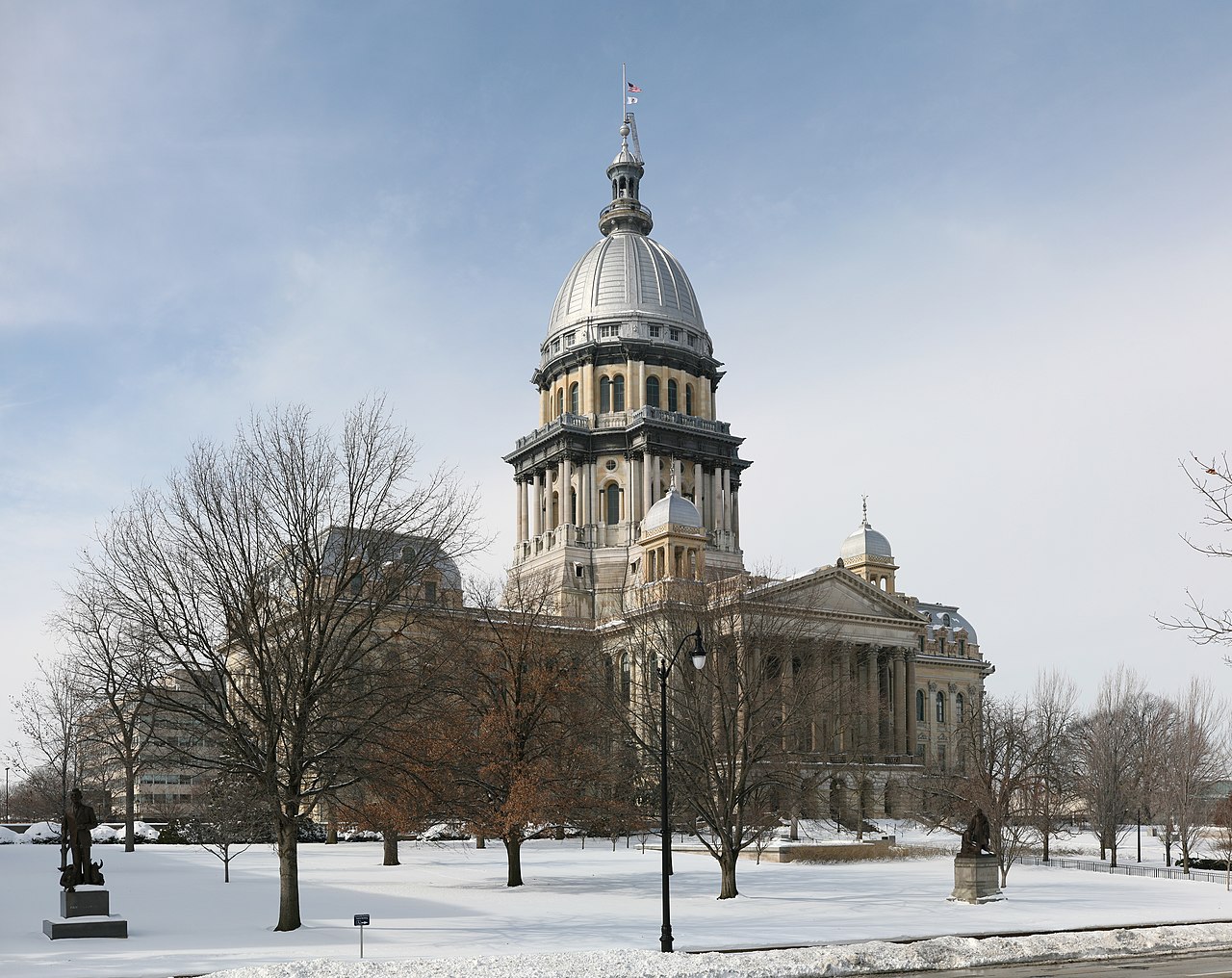
Our 2024 priorities in the states
